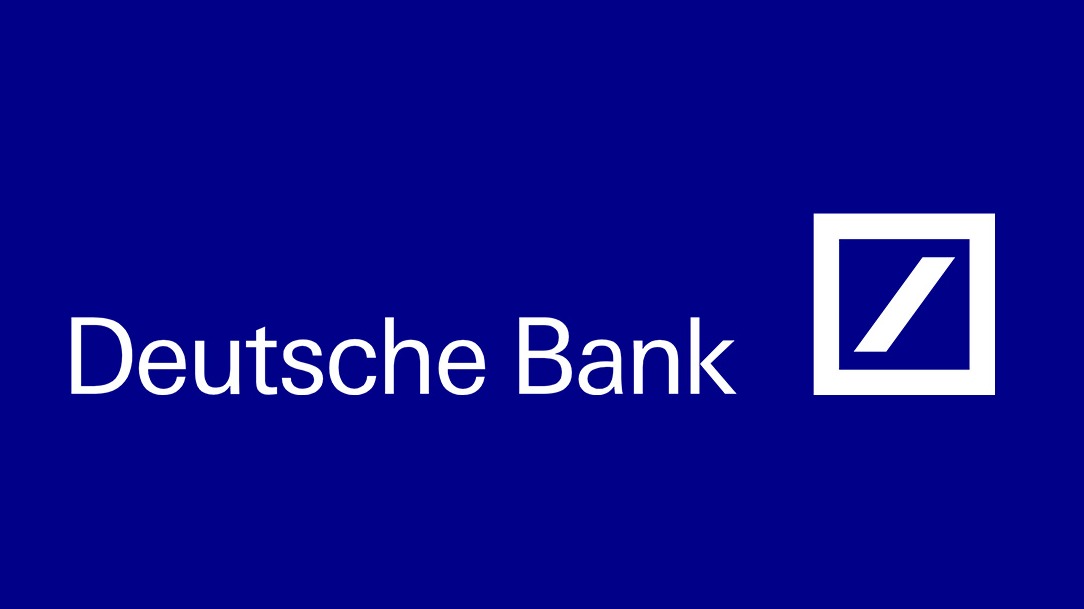Verdi, the second-largest union in Germany with 1.9 million members, has called on workers at Deutsche Bank subsidiary DB Direkt to strike over wages.
On Tuesday, the union called for an all-day strike for the following day at two locations in Berlin and Essen.
It said that the DB subsidiary employs around 600 people in 24/7 call centre operations, and that many employees “only earn between €2,400 and €2,600 per month”.
The union has presented the bank with a package of demands that includes “significant salary increases” with the aim to “narrow the large gap in the salary structure compared to other employee groups in the Deutsche Bank Group.” It has called for the bank to increase its minimum hourly wage from €12.05 to €17.50, increase other salary levels by the same percentage and raise training allowances to an equivalent level as the private banking industry.
Jan Duscheck, head of the banking sector at Verdi, said: “The employers left the first round of negotiations without an offer. This is an affront to the employees, who suffer particularly from the persistently high prices due to low wages. That’s why they’re now making their voices heard and stopping work.”
The next negotiation dates are set for 22 November and 14 December.
Latest News
-
Gemini to cut quarter of workforce and exit UK, EU and Australia as crypto slump forces retrenchment
-
Bank ABC’s mobile-only ila bank migrates to core banking platform
-
Visa launches platform to accelerate small business growth in US
-
NatWest to expand Accelerator programme to 50,000 members in 2026
-
BBVA joins European stablecoin coalition
-
eToro partners with Amundi to launch equity portfolio with exposure to ‘megatrends’
Creating value together: Strategic partnerships in the age of GCCs
As Global Capability Centres reshape the financial services landscape, one question stands out: how do leading banks balance in-house innovation with strategic partnerships to drive real transformation?
Data trust in the AI era: Building customer confidence through responsible banking
In the second episode of FStech’s three-part video podcast series sponsored by HCLTech, Sudip Lahiri, Executive Vice President & Head of Financial Services for Europe & UKI at HCLTech examines the critical relationship between data trust, transparency, and responsible AI implementation in financial services.
Banking's GenAI evolution: Beyond the hype, building the future
In the first episode of a three-part video podcast series sponsored by HCLTech, Sudip Lahiri, Executive Vice President & Head of Financial Services for Europe & UKI at HCLTech explores how financial institutions can navigate the transformative potential of Generative AI while building lasting foundations for innovation.
Beyond compliance: Building unshakeable operational resilience in financial services
In today's rapidly evolving financial landscape, operational resilience has become a critical focus for institutions worldwide. As regulatory requirements grow more complex and cyber threats, particularly ransomware, become increasingly sophisticated, financial services providers must adapt and strengthen their defences. The intersection of compliance, technology, and security presents both challenges and opportunities.
© 2019 Perspective Publishing Privacy & Cookies













Recent Stories